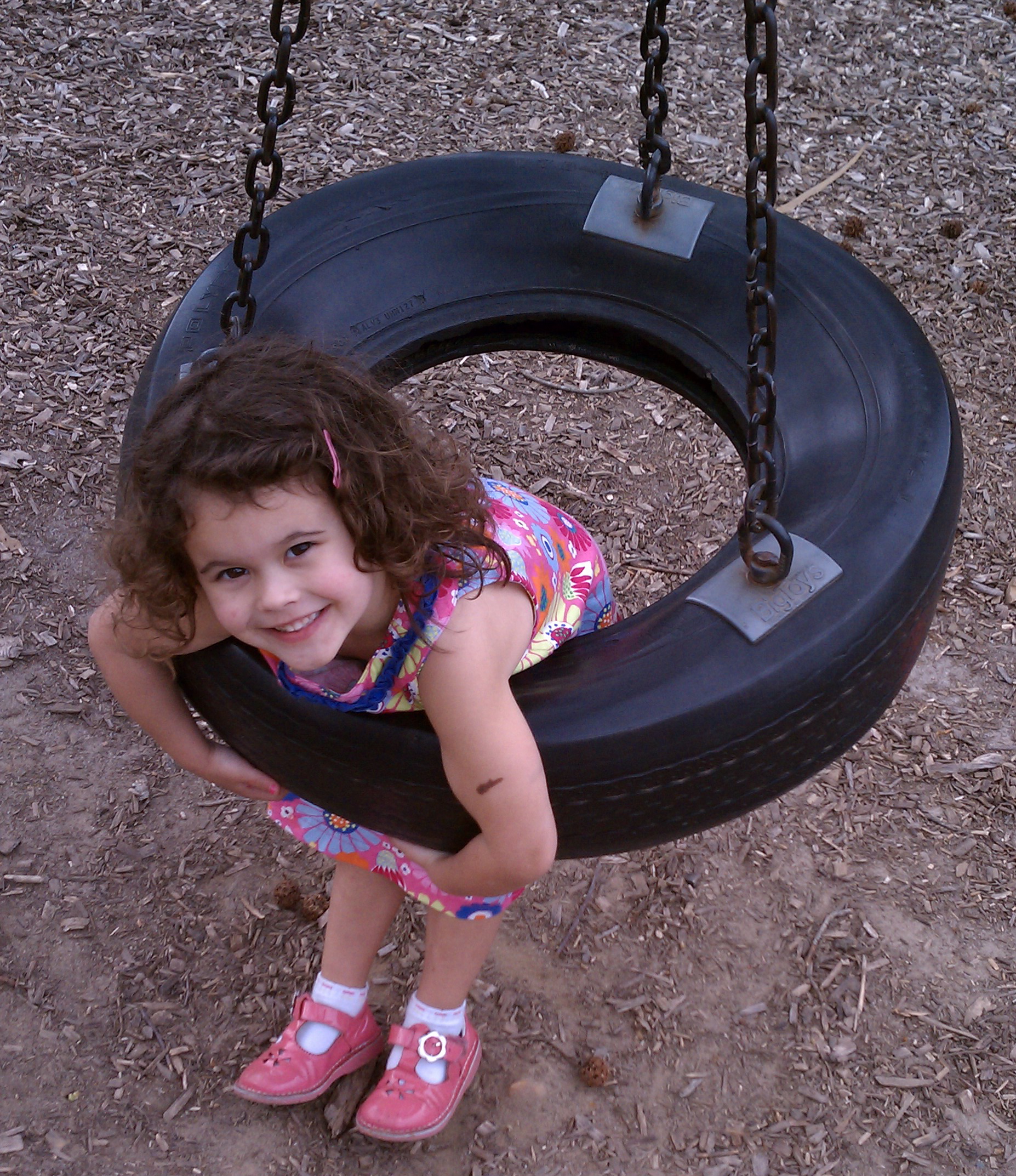

The practice of giving kids a break from school during the summer started in the early 1900s. Doctors thought kids needed a reprieve from sitting still for long hours in a classroom, which they believed made them physically weak. Summer was the perfect time to set them free because classrooms became stifling hot. And because then like now, when the heat soared, those who could afford it abandoned cities for the shore.
Long gone, though, are the days when kids had three months of total freedom from schoolwork. In recent years, some schools have begun assigning more and more summer homework in response to research that shows that kids spend the first part of a new school year relearning what they’ve forgotten during vacation. But “summer brain drain” remains a hotly debated topic among parents and educators alike. Opinion is sharply divided about whether we should we stock up on workbooks and shell out big bucks for academic-driven camps to help keep kids’ skills sharp—or give kids some well-deserved time off after working hard for nine months. Turns out, the answer might lie somewhere in the middle.
“Kids deserve a break,” says Katie Willse, chief program officer at the National Summer Learning Association. “But they can and should be learning, too—in different places, different spaces, and in different ways than they do during the school year.”
She says it’s important to understand the academic loss that occurs while kids are away from school. Although it disproportionately affects lower income students who have unequal access to educational opportunities during the summer months (American Sociological Review 72, 2007) all kids, regardless of economic status, lose about two months of grade level equivalency in math skills while they are between grades. A lot of the loss has to do with what kids are doing during their summer break. Just as fitness levels and nutrition suffer from changes in structure and routine, so do academic skills.
Addressing the loss can be pretty simple—with camp. “Summer gives kids a chance to explore new topics and a chance to practice skills they already have,” says Willse. She suggests seeking out camps that offer exciting learning opportunities—such as digital media technology or computer programming—while also sharpening math skills. Local libraries and museums also often offer project-based learning opportunities and field trips that meet these criteria.
Additionally, Willse says parents can sneak in educational opportunities through family projects: involving older kids in remodeling the house by having them research, create supply lists, keep a budget, and manage a schedule; planting an edible garden; planning a family vacation using maps to plot distances and routes, and creating an agenda that accommodates the budget; and starting a family book club. “The goal is to show kids that learning is a life-long, interesting pursuit,” says Willse.
These learning opportunities minimize the chances that kids will spend the brunt of their summer vacation on mindless pursuits, like watching television and playing video games. But Julia Cameron, author of The Artist’s Way for Parents, says that summer learning need not be so organized and purposeful. “There’s too much pressure on children—in school, in the loads of homework, and in the structured lessons their parents schedule,” she says. “If we pressure them to accomplish and to be perfect, it takes away much of the glee of childhood and pushes them to be an adult too soon.”
Cameron sees summer as a wonderful opportunity to give kids a breather, and “a chance to learn and expand at their own rate.” She advises parents to simply let their kids be bored. “Boredom is a tool to let children just be and to reach into their own psyches to find what speaks to them.” Parents merely provide the necessary raw materials: blocks and building tools, art supplies, dress-up clothes, plenty of books, and access to the outdoors. When kids complain that they don’t know what to do, says Cameron, tell them confidently, “You’ll think of something!”
Numerous studies show the importance of unstructured play. It not only positively impacts language development and builds social and physical skills, it also predicts academic success and mental health. “Through play, children develop the ability to become self-achievers and learners,” says David Whitebread, a developmental cognitive psychologist at Cambridge University. Kids develop the ability to think for themselves, control their impulses and emotions, organize tasks, problem solve, and learn from their experiences and mistakes. “Children in play are often setting themselves challenges—climbing a taller tree, riding faster on their skateboard—and through this they are learning their limits and regulating themselves,” says Whitebread. “There’s a decline in this unstructured play and a lack of opportunity for it,” he says. Summer is the time to catch up.
Whether your child’s playtime this summer is organized or self-initiated, all our experts are agreed that what’s really important is just that they stay engaged and learning—with an emphasis on fun.

Here are few ideas for fun summertime activities from summerlearning.org that don’t necessarily feel like learning:
- Tackle a fun cooking project, such as baking a cake. Shopping for ingredients, using coupons to determine discounts, reading a recipe, and measuring all sharpen math skills.
- Volunteer at a local school, park, shelter, or soup kitchen to build life skills and compassion.
- Get creative juices flowing by making sock puppets or turning cardboard tubes into rockets.
- Record memories and practice writing skills by keeping a summer journal. Kids can write about books they’re reading, new friends they’ve made, and fun trips you’ve taken as a family.
- Plant a window box or herb garden to promote healthy eating.
Photographs by UrbanSitter


